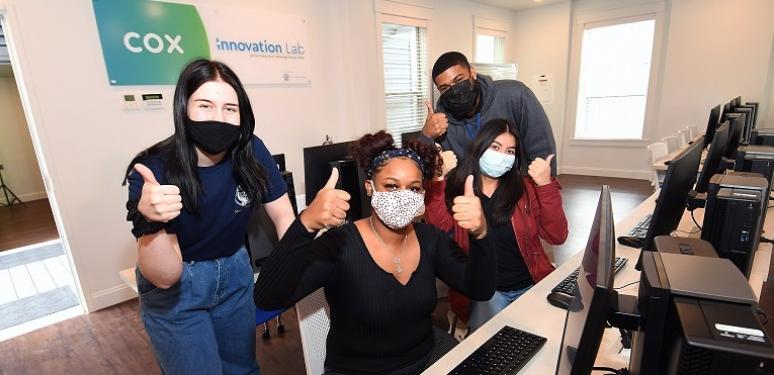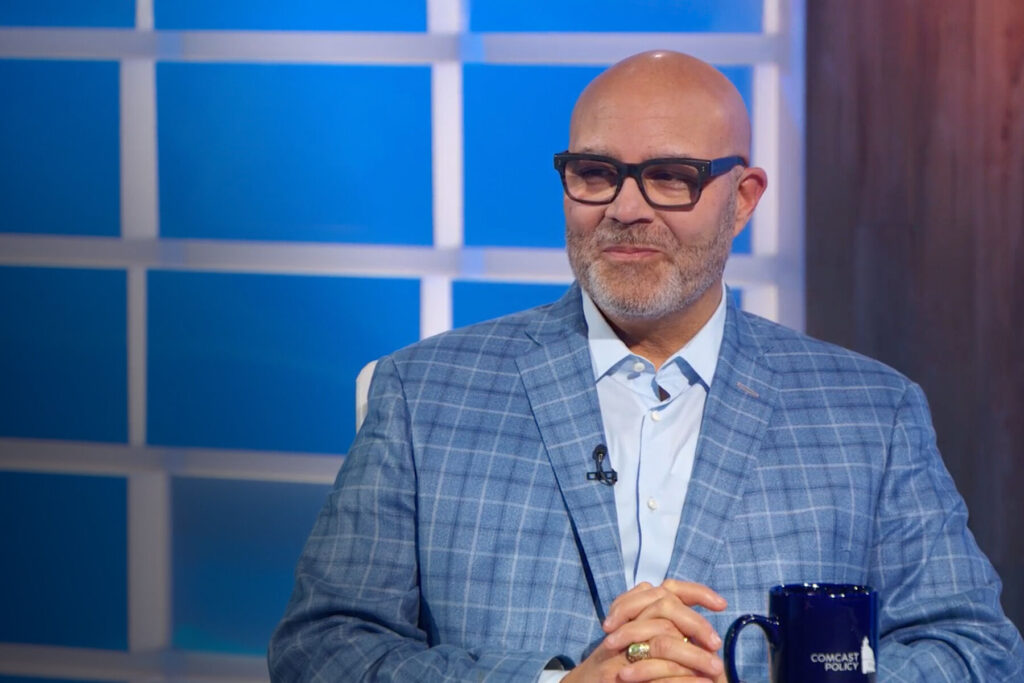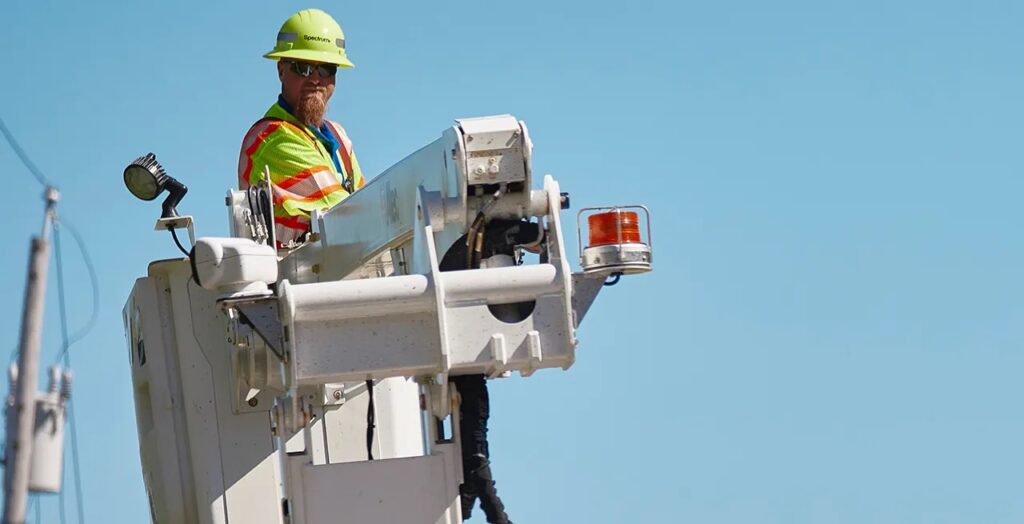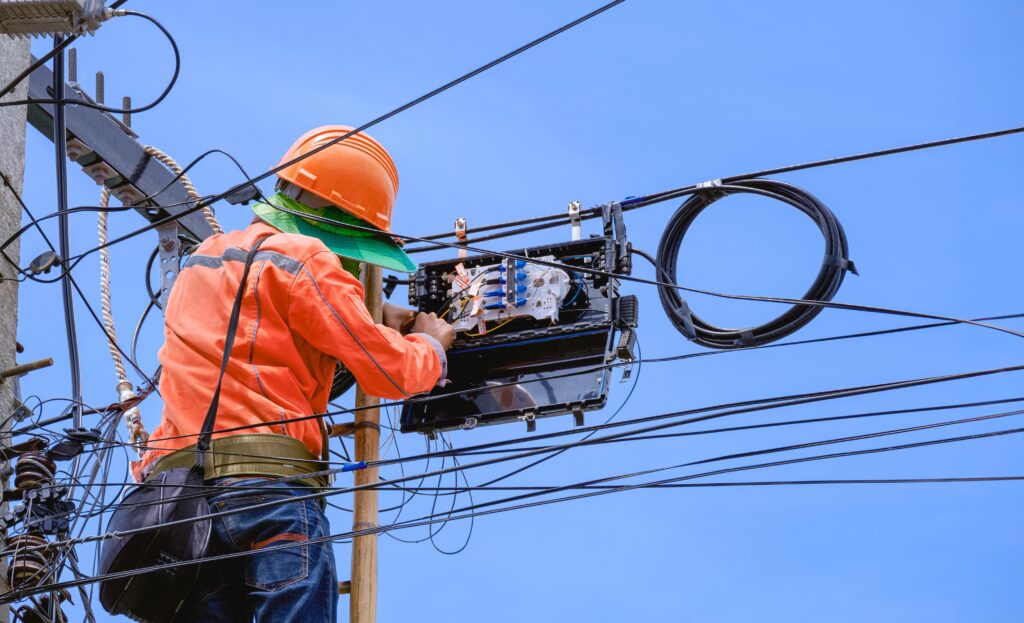As 2022 is coming to a close, it’s worth taking a look back at the tremendous efforts by America’s cable broadband leaders to reach and connect the people most in need of a high-speed broadband connection.
Check out these handful of stories from the past year which represent a small sampling of the many initiatives that cable providers are engaged in across the country.
Rural Broadband Expansion

Across rural America, cable internet service providers (ISPs) are continually building out broadband networks to connect more unserved Americans. These projects include a combination of private capital investment, helping communities utilize federal, state, and local dollars, and through public-private partnerships.
- In Virginia over the past couple of years, Comcast, Charter, and Cox have expanded their networks to rural areas where broadband service was previously nonexistent, including towns along the Eastern Shore, communities on the outskirts of Roanoke, and the popular recreation spot of Smith Mountain Lake. NCTA’s Virginia page shows how the state became a broadband success story.
- Remote areas in Alaska have benefitted from GCI’s broadband buildouts. GCI has helped “The Last Frontier” come closer to establishing itself as “The First Frontier” thanks to its high-speed broadband services, with even the Aleutian Islands slated to receive 2 gigabit services by the end of this year.
- Two videos showcase rural broadband projects in South Carolina (A Rural South Carolina Children’s Camp Is Transformed by Charter’s Broadband Service) and South Dakota (Midco Brings Internet and More to The Midwest).
Closing the Digital Divide

Cable operators have long offered broadband adoption programs for low-income families, as well as digital skills training classes, to help them overcome hurdles to accessing and utilizing a broadband connection. And thanks to the federal government’s Affordable Connectivity Program launched this year, now even more families can participate in these programs.
- Cox recently announced new survey data that revealed the tremendous benefits that their Connect2Compete and ConnectAssist plans have provided participants, with many reporting the ability to find a job, access virtual school, and work remotely, among a plethora of other positive results.
- Comcast also launched digital equity initiatives last month in Massachusetts. In Boston, the ISP awarded $500,000 in grants to 17 organizations which focus on digital access and broadband adoption. And in Western Massachusetts, the ISP awarded a $100,000 grant to the Western Massachusetts Alliance for Digital Equity that focuses on efforts to enroll more people in ACP.
- Mediacom is another ISP that made a commitment to maximize the ACP benefit for qualifying households. Mediacom announced that it will provide 100 Mbps download speeds to low-income Americans for just $30 per month, which, combined with the monthly $30 ACP credit, makes broadband service free for eligible families.
Public-Private Partnerships Help Education Efforts

The role of public-private partnerships in expanding broadband access to more Americans cannot be underestimated, and one area where cable providers and its partnerships made a huge impact is in education.
- During the pandemic, Cox and multiple stakeholders managed to reach and connect 100% of Nevada’s K-12 students—an astounding feat. This means that every one of the nearly half million students in Nevada have access to a computer and an internet connection at home.
- In Chicago, Comcast continues to play an integral role in Chicago Connected—the city’s $50 million initiative to connect the 100,000 Chicago Public Schools students who lacked a broadband connection at home. The initiative has served as a blueprint for other school districts across the country to follow in enabling distance learning opportunities for their students.









